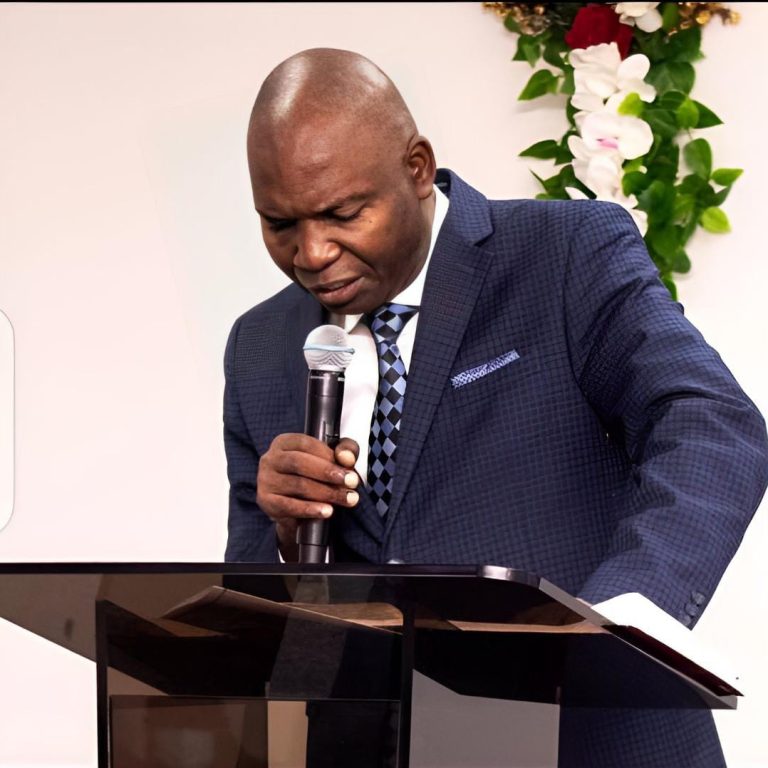The Quintessential Qualities of a Creative Mind

The essence of creativity, a faculty celebrated and sought after across the ages, is a phenomenon of boundless intrigue and significance. While many attribute creativity to mere talent or divine inspiration, it is, in fact, underpinned by a constellation of discernible qualities. Herein, we explore five quintessential attributes that define the creative mind.
-
Imagination
At the heart of creativity lies imagination—a boundless, ever-evolving realm where the mundane is transformed into the extraordinary. Imagination allows the mind to transcend the limitations of reality, conjuring visions of what could be rather than what is. This mental agility enables one to envisage novel scenarios, solutions, and artistic expressions, imbuing life with a sense of wonder and possibility.
As Einstein eloquently stated, “Imagination is more important than knowledge. For knowledge is limited, whereas imagination embraces the entire world, stimulating progress, giving birth to evolution.” This sentiment underscores the profound power of imaginative thinking as a cornerstone of creative endeavour.
- Curiosity
Curiosity is the insatiable thirst for knowledge and understanding. It propels the creative mind to delve into the unknown, to ask probing questions, and to seek answers that lie beyond the obvious. A curious individual does not accept the status quo but is driven by a relentless desire to explore, discover, and learn.
This trait fosters an environment where new ideas can germinate and flourish. Leonardo da Vinci, a paragon of creativity, exemplified this quality; his notebooks brimmed with questions and observations on a plethora of subjects, from the anatomy of birds to the flow of water.
-
Openness to Experience
The creative mind is marked by an openness to experience, a willingness to embrace new ideas, perspectives, and sensations. This openness is a form of intellectual flexibility that allows individuals to adapt their thinking and incorporate diverse influences into their work. It is this quality that enables one to synthesize disparate concepts, leading to innovative outcomes.
Studies in psychology, such as those by Dr. Scott Barry Kaufman, have highlighted that individuals high in openness are more likely to engage in divergent thinking, a critical component of the creative process. This trait encourages the acceptance of ambiguity and complexity, which are often the breeding grounds for originality.
-
Resilience
Creativity is seldom a linear journey; it is fraught with challenges, setbacks, and failures. Resilience is the ability to persevere in the face of these adversities, to learn from failures, and to continue striving towards one’s goals. This steadfastness is crucial for the maturation and realisation of creative ideas.
Thomas Edison’s journey to invent the lightbulb, famously marked by numerous failed attempts, illustrates this quality vividly. His perspective on failure—as a stepping stone rather than a stumbling block—embodies the resilient spirit necessary for sustained creative achievement.
-
Reflectiveness
A reflective mind continually examines its own thoughts, experiences, and processes. This introspection allows for the refinement and evolution of ideas. Reflectiveness is not merely about self-awareness but about a deeper contemplation of one’s work and the world, leading to more profound insights and breakthroughs.
Virginia Woolf’s meticulous diaries reveal her reflective nature, documenting her thoughts on writing, society, and personal experiences. This practice not only informed her literary work but also enhanced her creative output by allowing her to critically assess and improve her craft.













